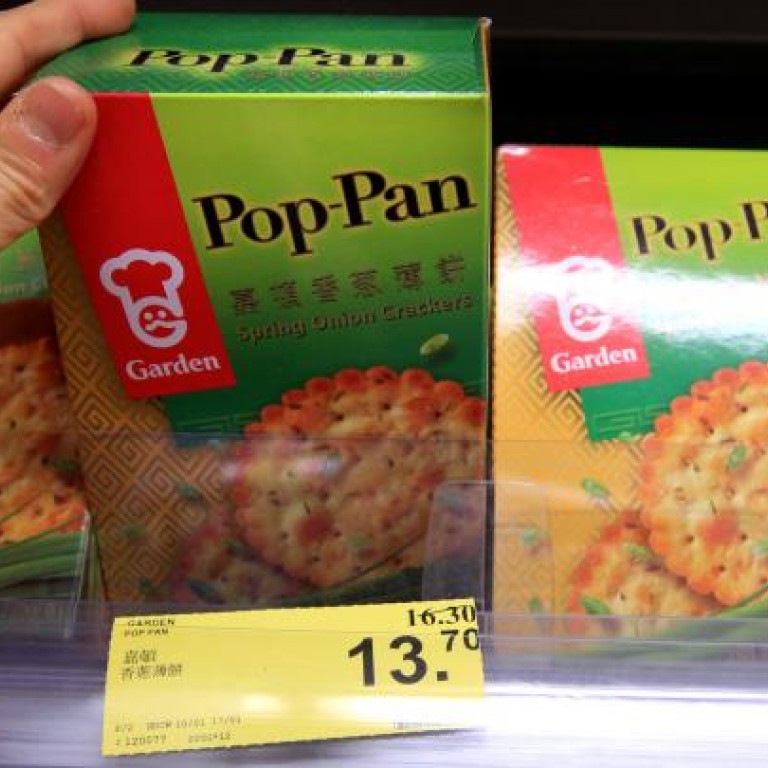
Supermarkets offer confusing price 'discounts'
As much as traders doubt the practicality of guidelines over price tags to stop retailers from faking bargains, a stroll through the city's supermarkets shows the status quo can confuse if not mislead shoppers.
As much as traders doubt the practicality of guidelines over price tags to stop retailers from faking bargains, a stroll through the city's supermarkets shows the status quo can confuse if not mislead shoppers.
There are usually two prices stated on supermarkets' price labels - the "original" price for reference and the "special" or discounted price.
But there is nothing to prevent the store from boosting the "original" price so that a few days later, the "discounted" one makes the item look like a bargain.
The visited outlets of ParknShop and Wellcome in Quarry Bay on a Wednesday and a Friday, tracking the price changes of eight common products. For three items, the price on Friday was labelled attractively as a "special price", but it was not any lower than that on Wednesday.
On Wednesday, both Wellcome and ParknShop gave a 225-gram package of Garden pop-pan spring onion crackers an original price of HK$13.7 and a price of HK$12.10 each if you bought two. Two days later, the chains increased the original price to HK$16.3 and the special price to HK$13.7.
Most shoppers wouldn't know Friday's discount was equal to Wednesday's original price, and the bargain of HK$12.10 for two was no longer available.
For another product, the price rose within two days but the higher price was still labelled as a "special price". A three-bottle pack of Knife Brand pure peanut oil cost HK$83.9 in Wellcome on Wednesday. By Friday, the chain had increased the price by HK$16 to HK$99.9, but it was still labelled as a "special price".
Such practices could be banned if the public gave the green light to new guidelines set by customs, which state shops should not quote an original price unless that price has been advertised for at least seven days.
But the same guidelines raised uncertainties over how fresh products, whose price can change often during a single day, should be labelled without breaking the guidelines. For now, chains either stick a new price tag on top of an older one to show its latest price, or make a new label to show a crossed out original price and the discounted price.
